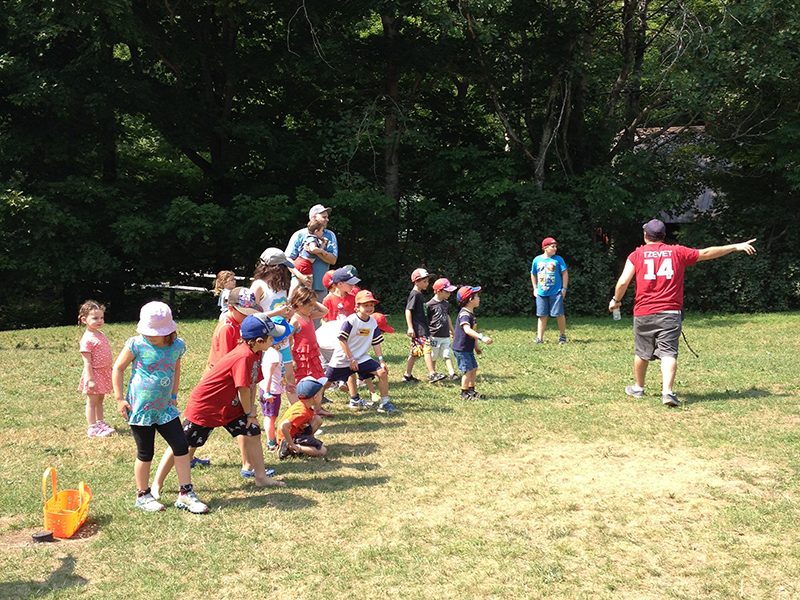I was devastated that first summer when my daughter, my oldest child, convinced my youngest son to go with her to sleep-away camp. It would be my first summer without children in quite some time.
I was looking forward to my children’s eventual camp experience – just not yet. But of course, as with all growing pains, it was for the best. They loved it and I could see the benefits.
Camp, both day and sleep-away versions, provides wonderful learning experiences. Today, as I watch my grandchildren eagerly plan and pack, my confidence in the system is fortified.
Camp takes children to a controlled environment where they discover how to rely on themselves. No longer under the direct tutelage of parents and elders, they must navigate a world of peers and camp counsellors who are children, too. They must take care of their own bodies and do things for themselves, like clean up and make their own beds. Physical skills are imparted in a rare and intensive format, which adds a dimension to life that is rarely achievable during the school year.
But perhaps most important is how camp imparts social skills on the campers. At camp, children must navigate a world of social relationships predominantly on their own. They are exposed to all sorts of new possibilities with unfamiliar people with whom they are living. Moreover, they have to figure out how to manage their day-to-day interactions.
Surely some of this skill set transpires in school, but it is intensified at camp to an incredible degree and parents are not around to shield, interact or interfere with it. This type of intensive, intimate learning can be invaluable if managed carefully. Children learn and grow at camp, while having fun. This is what makes the camp experience such a wonderful thing.
Pointedly, we can add one more substantial benefit: the Jewish content offered by Jewish summer camps.
READ: BAUMEL JOSEPH: ALL YOU NEED IS LOVE
Many in the Jewish community have been wondering how we can ensure the continuity of Jewish identity in the future. We, as a community, cannot decide for one brand of Jewish praxis, belief or association. Freedom of religion, even within Judaism, is a democratic ideal. We can only provide for some form of continuity. So continuous identity – a persistent sense of being Jewish – appears to be the goal. Within that framework, Jewish camps are succeeding marvellously.
Studies have shown that Jewish camps manage to pass on a sense of Jewish commitment, Jewish presence and Jewish belonging better than most institutions. Campers learn some Hebrew words. Children learn some songs and remember them with a strong sense of presence. They discover that Saturday is Shabbat and know that whatever ritual is observed that day is Jewish, and that their ancestors held that day to be sacred. These words, songs and practices hold a place in the campers’ world that is perhaps unexpected, but prized.
History and heritage gain a nostalgic place in their hearts and minds, which is seldom lost. Jewishness is embedded in fun – imagine that! At camp, being Jewish is shared in a friendly atmosphere; not learned through homework, but experienced with friends and acquaintances.
Some of these people will remain in a lifelong network that will yield communal benefits for all of them. Identities are shaped at camp. And it increases the capacity of our youth to grow and experience camaraderie.
This is a resource we should acknowledge, celebrate and support.
